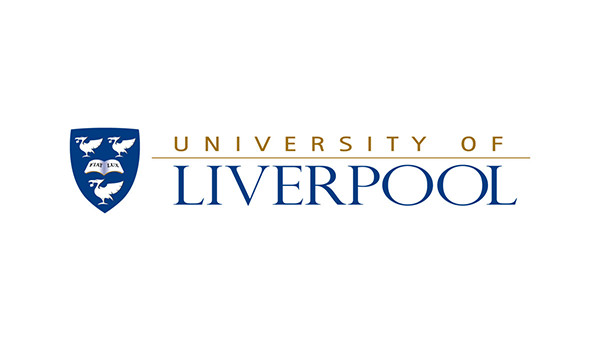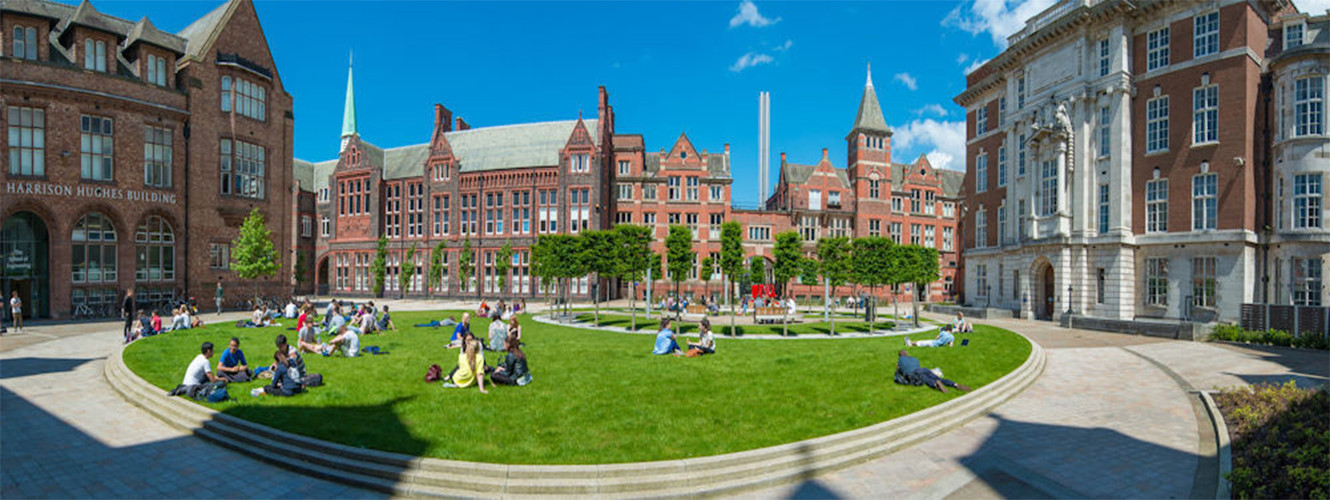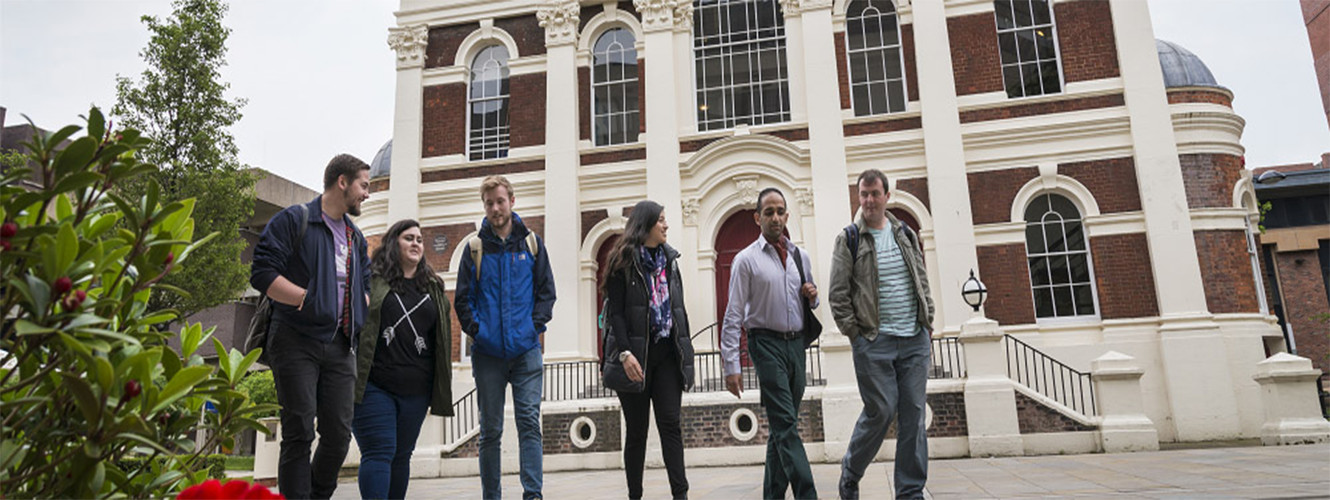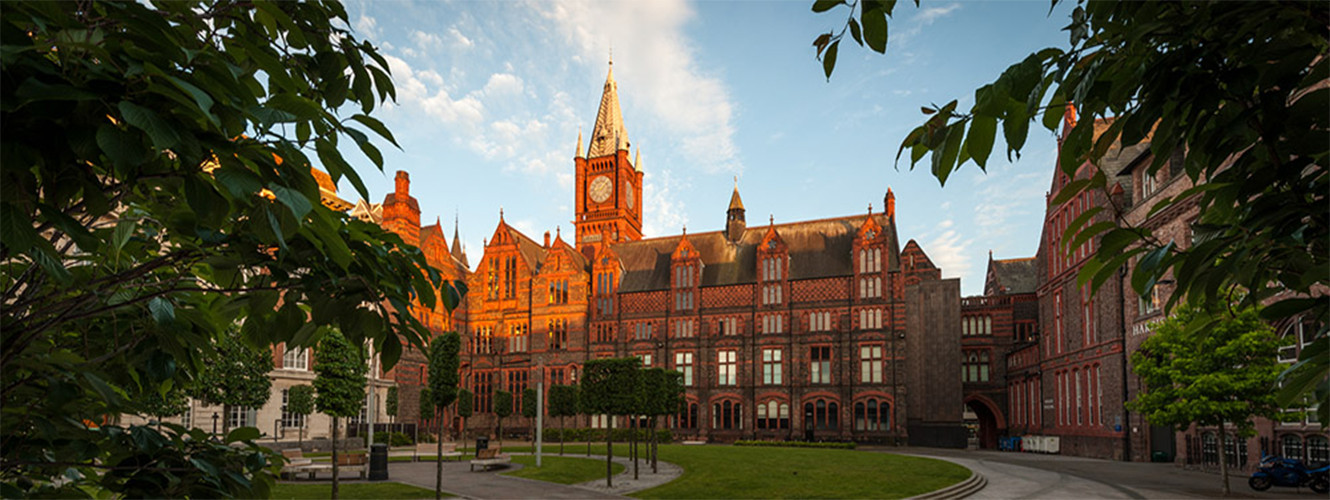UK83 MSc Environmental Sciences University of Liverpool
-
THÔNG TIN CHUNG
This programme is focused on developing high level student understanding of the physical environment, and how society interacts with it. Considerable flexibility exists affording applicants the opportunity to develop their own postgraduate degree programme; the degree draws on expertise from across the School of Environmental Sciences.
Optional modules allow you the flexibility to develop expertise in the following areas:
- Techniques for quantifying long-term and recent environmental change, including a wide range of key paleoenvironmental methods (lab and field-based)
- Methods of contemporary environmental monitoring, including urban air pollution and sea level rise
- Applied conservation biology
- Geographical Information Science (GIS), taught by our Data Science Lab
- Environmental assessment, including theoretical training and application in a client-led project
- The relationship between politics, business and the environment.
A variety of assessment approaches are used including, oral and poster presentations, reports, essays and field notebooks. Teaching is provided in a range of environments and formats, including field, seminars, lectures, small group and laboratory.
For a Diploma, students will complete and be assessed on eight months of work. For the MSc, an additional four months will be spent preparing and submitting a dissertation based either on a research project or a placement with an appropriate institution.
-
CƠ HỘI NGHỀ NGHIỆP
Our degrees provide pathways into rewarding careers and our graduates have found employment in a wide range of industries and organisations, both in the UK and abroad. Graduates of the Environment and Climate Change MSc have gone on to continue their studies towards a PhD, or are employed in a wide range of positions, including environmental, energy and engineering consultancies, multinational companies (energy), local government, environmental bodies, research positions and teaching.
PhD graduates are now working in academic life as lecturers in Geography, Environmental Science, Economic History, Development Studies and Statistics at universities in the UK and overseas. Others are employed in applied fields, working in Europe, Africa and across the world, for example as professional statisticians (one is now Director of Statistics in Zambia, another working in the Health Service in the UK), development professionals (including a member of staff on the WHO malaria programme in East Africa), and scientists at climate and environmental research centres around the world.
- ĐIỀU KIỆN ĐẦU VÀO
- ĐIỀU KIỆN NGÔN NGỮ
- HỌC BỔNG
- ĐỊA ĐIỂM
Tóm tắt
-
Phí ghi danh
0
-
Độ dài khoá học
1 năm
-
Kỳ nhập học
Tháng 9
Phí Cơ Bản
-
Loại Tiền
-
Học Phí
Trên năm -
Phí Sinh Hoạt
Trên năm -
Tổng






